Douglas Kendyson has been named the entrepreneur who “enabled the passion economy in Africa” and his company, Selar, “a poster child for lean startups in Africa.” It took 5 years of grit, consistency and passion to attract accolades of this kind. The software engineer-cum-entrepreneur saw the challenges fellow creatives like himself faced in marketing and selling their digital products and envisioned how he could help creators overcome those obstacles with the power of technology. A few weeks later, Selar was born and now, in 2021, it has users in the tens of thousands and counting.
We sit with the tech guru to discuss his success, spotlighting opportunities for business in Africa and the future of the company.
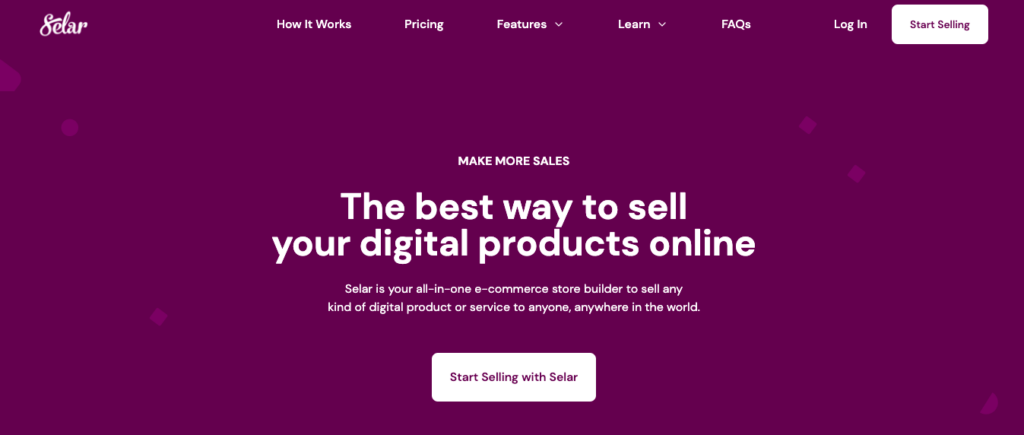
Image: selar.co
Selar has over 60,000 registered users today. Having put your heart and soul into building this business, how does that make you feel?
Quite frankly, it feels good. We’ve been working on this since 2016 and it’s very exhilarating to see it grow from 2 users to over 60,000. It’s also funny because despite it being a 5-year company, 80% of those users came on board just in the last 12 – 15 months.
What drove you to go from software engineer to business owner?
Interestingly, I think I’ve always been a business guy. One of the best things that happened to my software engineering career is I learned software engineering from business people. My friends, Raymond and Ebuka, while they’re really great software engineers, they’re business and money people first, and that really influenced my perspective. The assumption is most software people aren’t business people, but with these guys, I learnt to think of money very early on.
With Selar, the main focus is to build a service where creators (and non-registered business owners) can sell their products. Was the decision to create this kind of platform fuelled by personal experience or did you simply respond to the business challenges around you?
A bit of both; it was my personal experience, seeing people struggle with this problem, and it was definitely a business challenge that needed to be solved. At the time, in 2016, I worked at Paystack, and I saw a lot of emails coming in from individuals looking for ways to sell their digital products, like eBooks and courses, without having to create a full website (cost and technical-wise, it can be too much for some people). At the time, Paystack didn’t serve individuals, just businesses with registered business documents, so with the permission of my boss, I asked a couple of friends if they were interested in building a fun, small project and we had the first version of Selar out in under 4 weeks.
“I saw a lot of emails coming in from individuals looking for ways to sell their digital products, like eBooks and courses, without having to create a full website.”
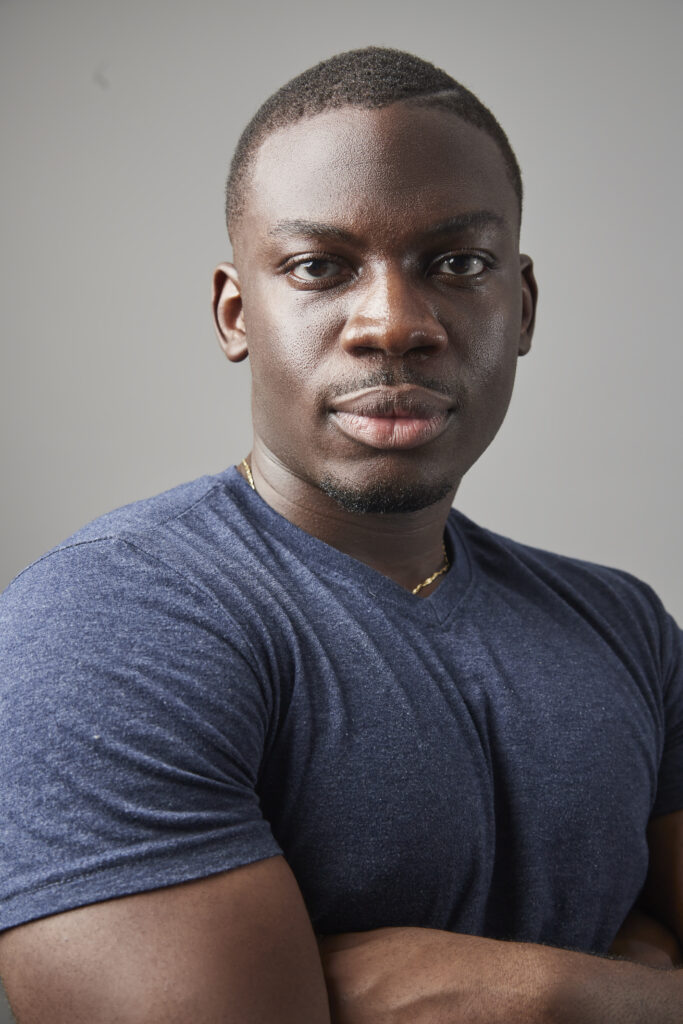
Douglas Kendyson, Founder, Selar
Since starting the company, in what ways has the business world – especially in Africa – proved most challenging?
Ease for expansion. For a lot of tech companies, their products are easily translatable to other markets, but due to regulatory issues, business setup cost, ease of collecting payments and a few other hiccups, most businesses find it hard to expand despite having the infrastructure and system in place to work in other markets.
It’s been written that, as an entrepreneur, you’ve “enabled the passion economy in Africa” and that Selar is “a poster child for lean startups in Africa.” How does hearing that make you feel?
I’m really grateful for the work we do at Selar. I’ve always known Nigerians are very enterprising, and giving people a means to monetise their knowledge through digital products and seeing them grow energises us to work on this every day. With regards being lean, I think that’s I got that from my mum. She’s always been a “cut your cloth according to your size” and “spend on what you need” person, so that just persevered in my personal life and the way I run the business – only spending on things that actually matter. Plus, I’ve worked at multiple startups and that experience always teaches you the things that are really important and the things that aren’t. If you’re smart, that can teach you to be lean.
Bridging the gap between local sellers and international buyers is a huge game-changer for the creative industry within Africa. What’s been the most significant feedback you’ve gotten from a user?
We’ve gotten a lot of overwhelmingly positive feedback from users about how easy it makes life for them, but my favourite story wasn’t direct feedback but someone I noticed. We have this creator that sold ebooks of $5 – $10 in 2018, and in 2020, they sold coaching services of $1,500 and that’s just because they were able to build loyal, international customers over the years and retain them because they had international payments that worked.
In your opinion, what are the top features Selar offers?
Multi-currency payments, affiliates, selling courses and ease of use. A lot of our users love our affiliates feature. It lets them grow their sales without a lot of work. Creators also love the ease of both setting up your digital products like eBooks, etc., as well as the easy process for their customers to buy the products on Selar. It makes life easy for everyone.
“That time [of slow growth] was definitely very important because it allowed us to build a fairly strong product in obscurity, and so we made all our mistakes with just a handful of users.”
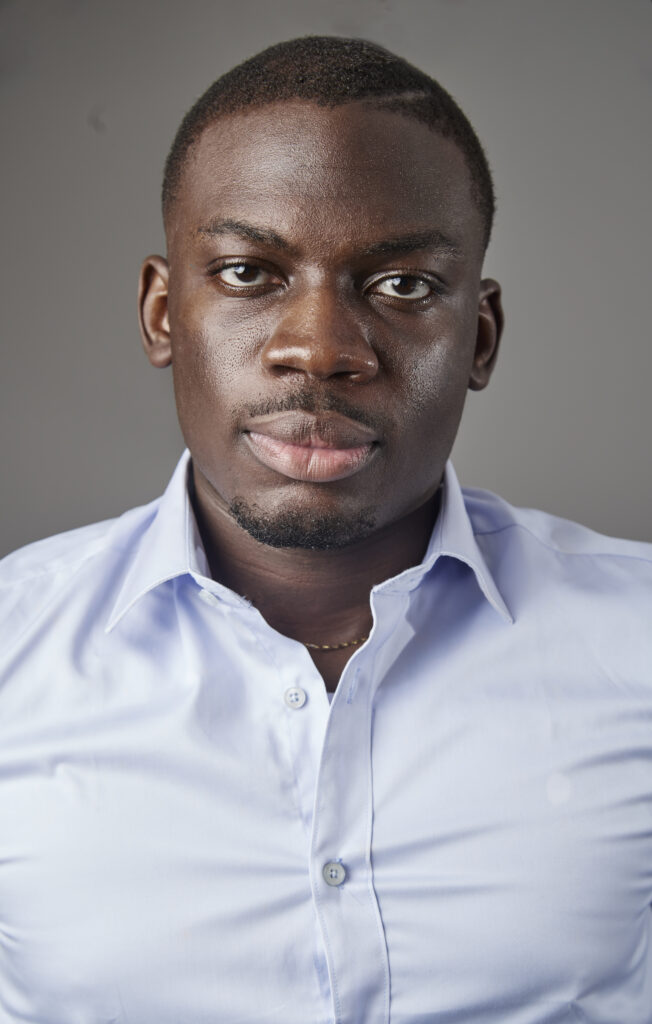
Douglas Kendyson, Founder, Selar
What are some of the biggest obstacles in the business space right now that tech can help people overcome?
Customer service! It’s such a big obstacle for most businesses and the impact of this is high. I think with the right tech, customer service can be a lot better, especially as businesses scale. Having tech help offload customer service can relieve a business of a lot of stress and help grow their income.
When it comes down to it, what would you attribute your success to?
A couple of things: Loyal users, patience, consistency and God. The first 4 years of building Selar were very slow, growth-wise, especially considering our last 12 months. However, that time was definitely very important because it allowed us to build a fairly strong product in obscurity, and so we made all our mistakes with just a handful of users. That time was also very beneficial for us in learning; we learnt so much about our users, what they want, and what would help them be successful.

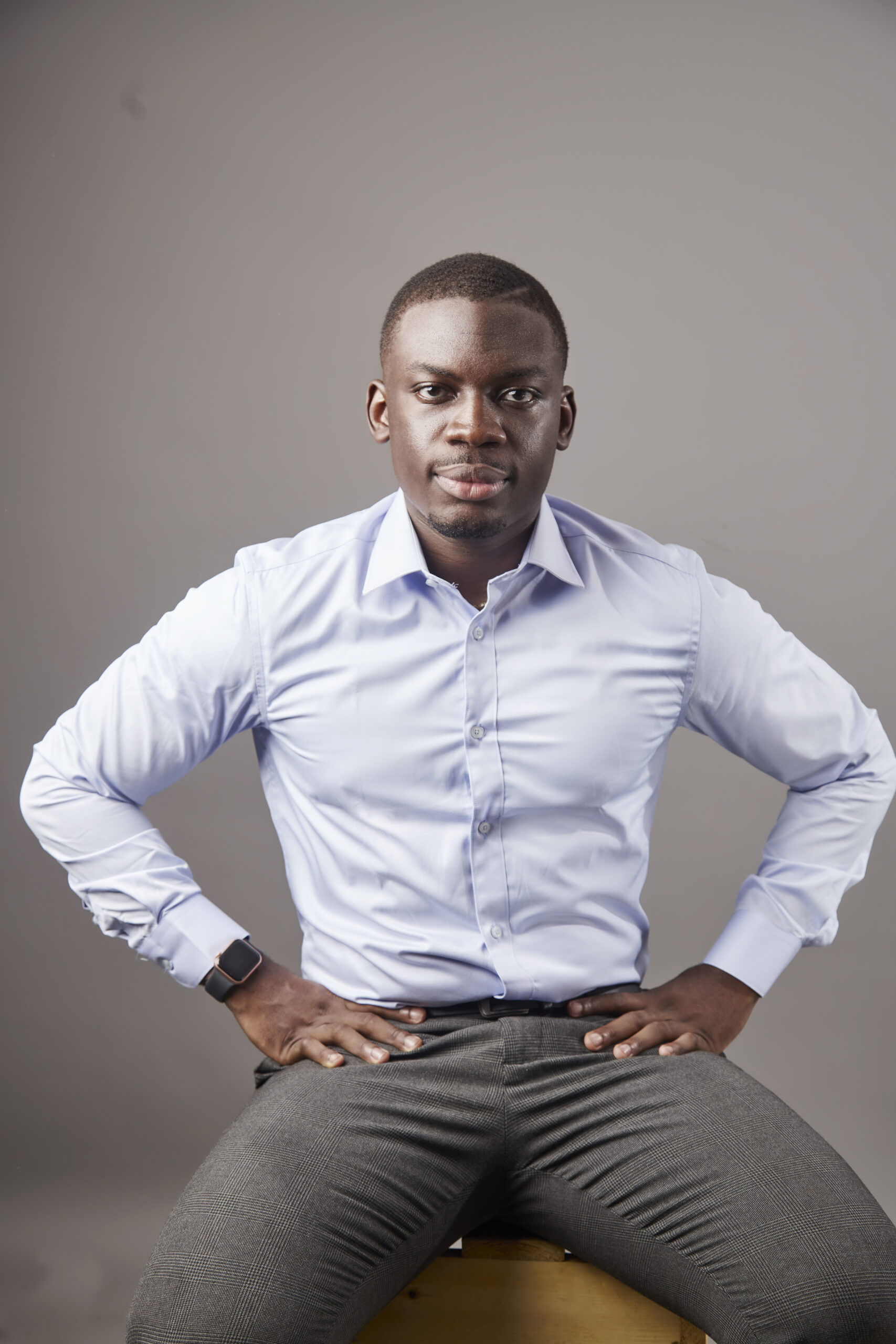
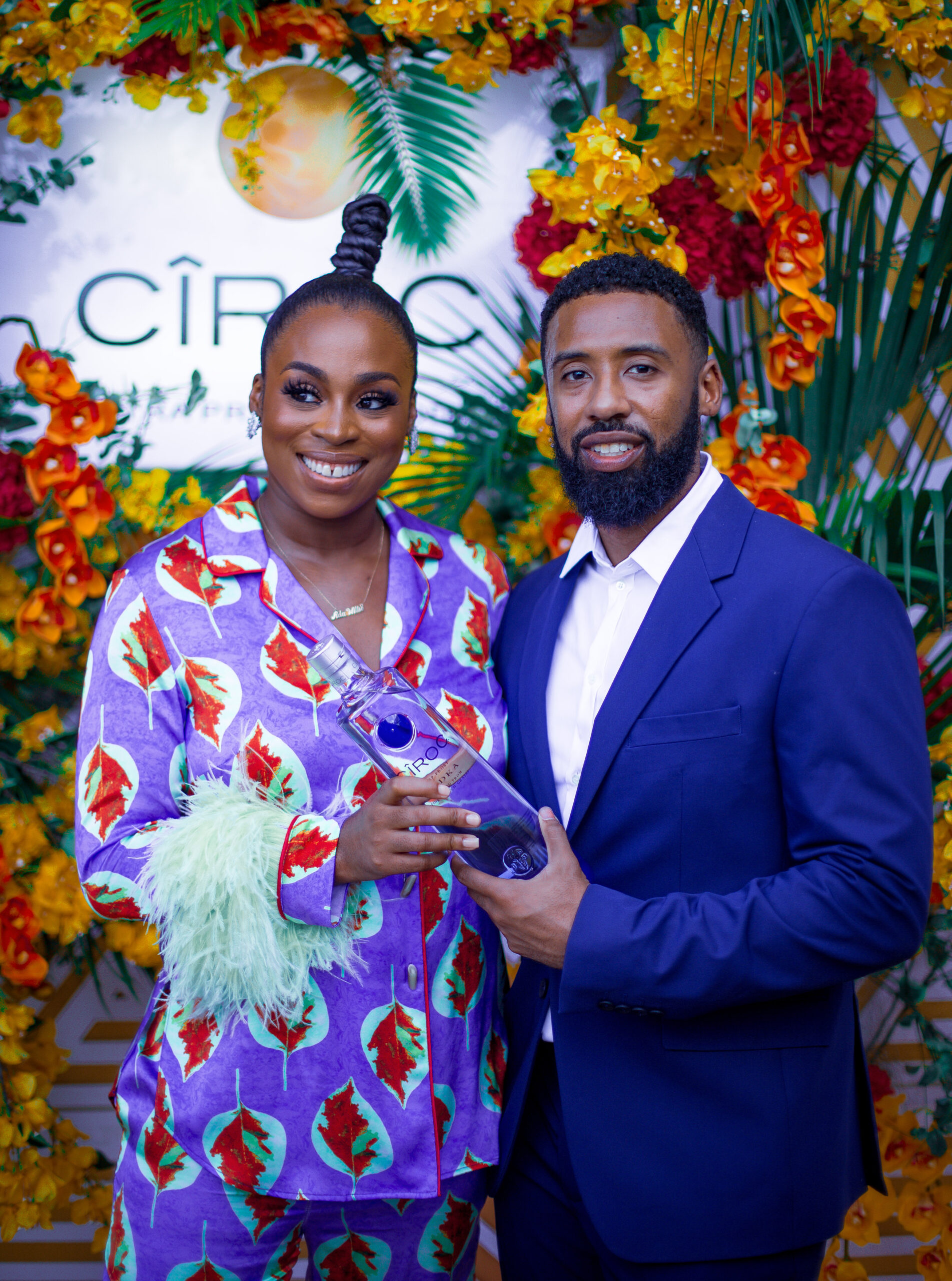

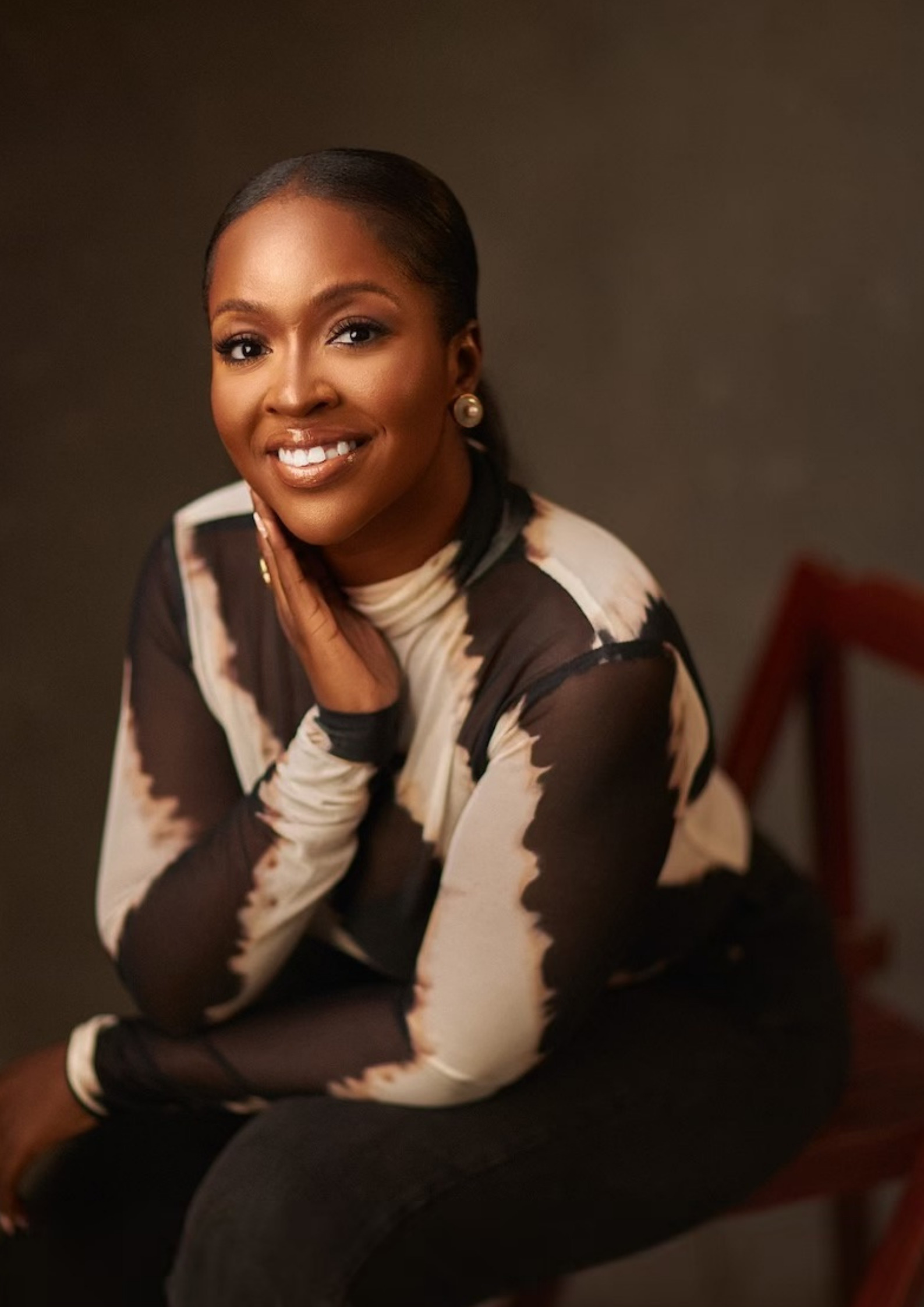
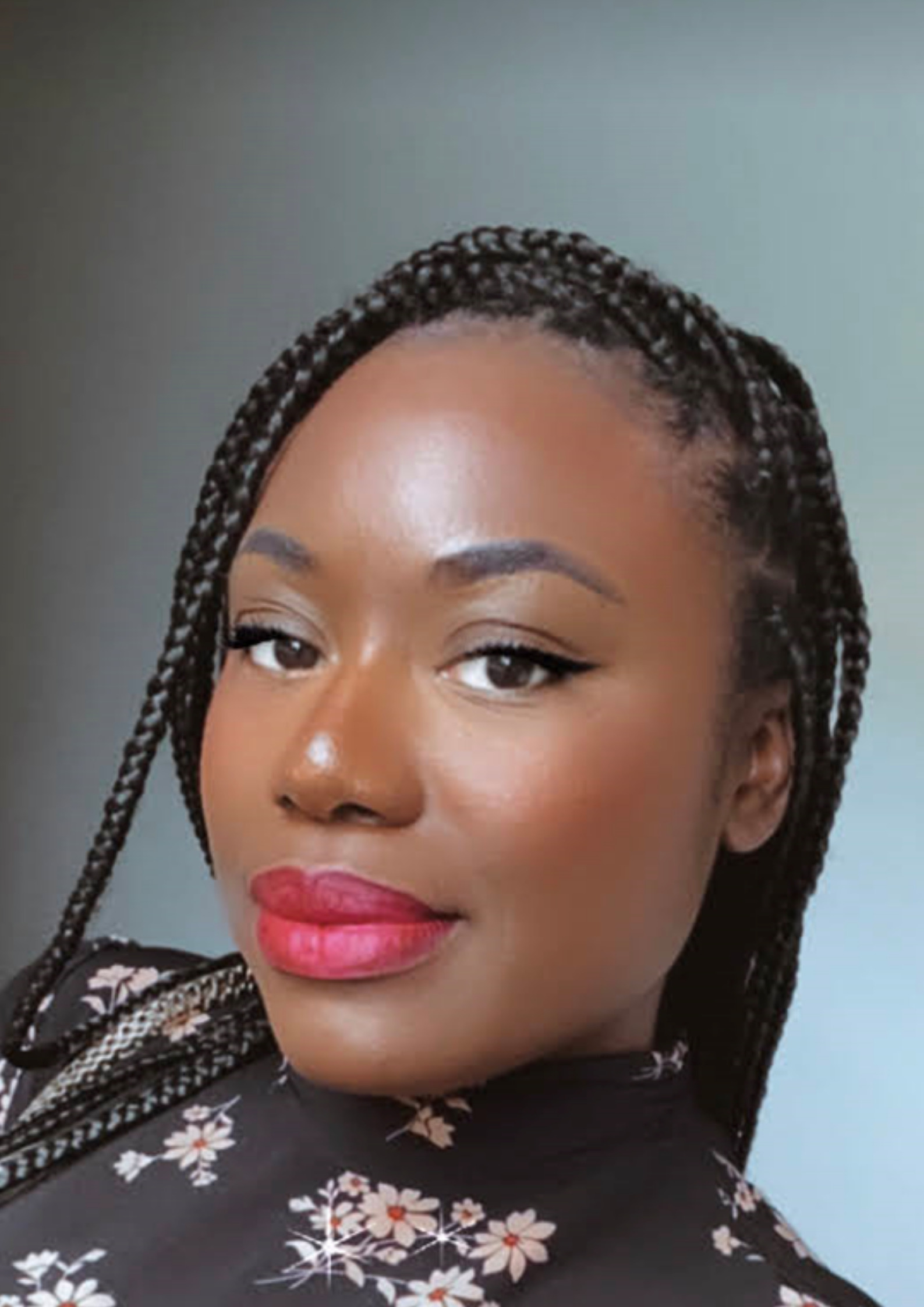
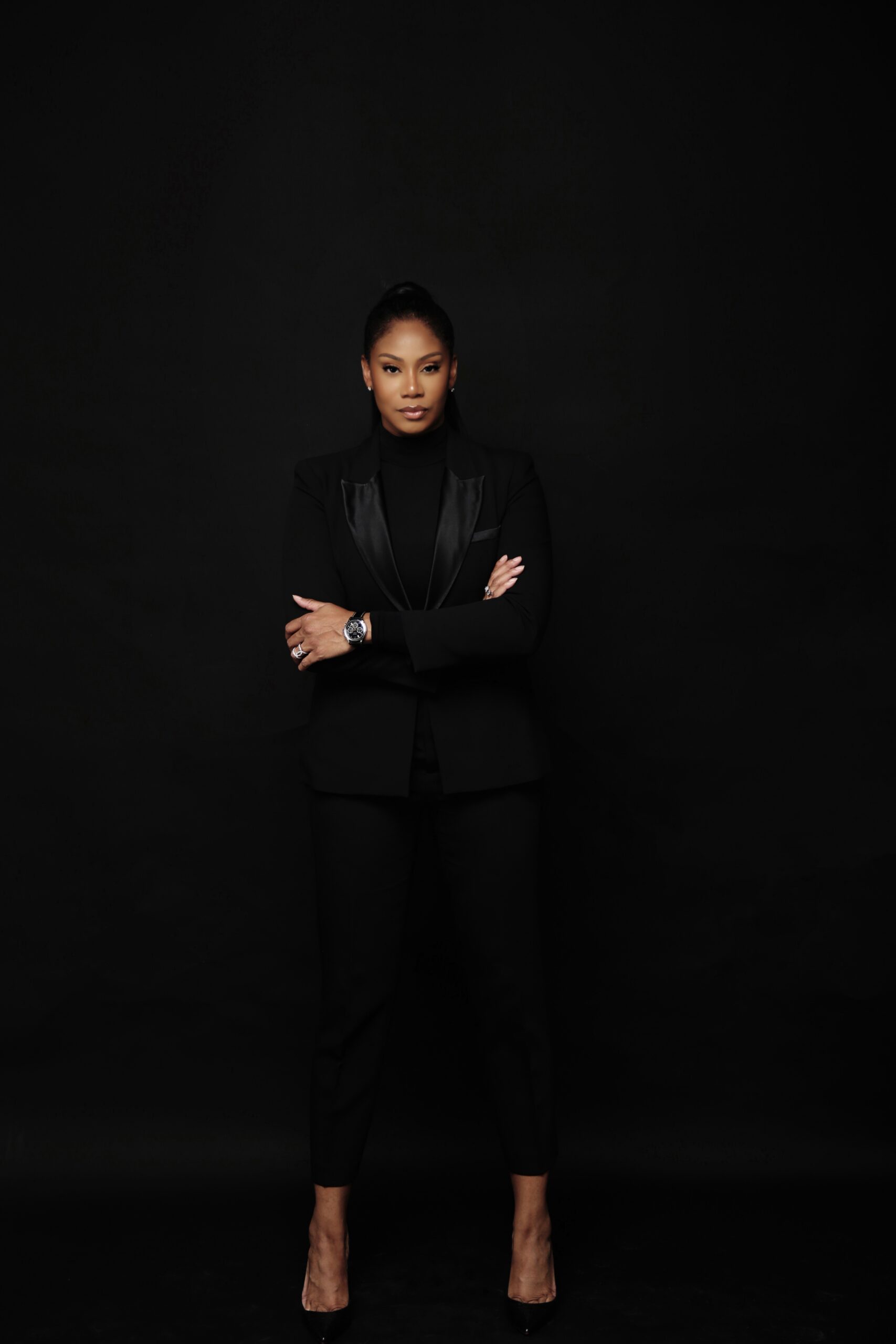
No Comments